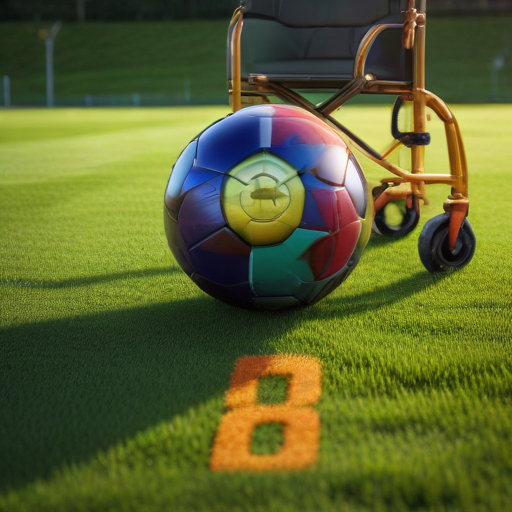On December 3, coinciding with the International Day of People with Disabilities, FC Barcelona is reaffirming its dedication to enhancing accessibility and inclusion for all individuals. Throughout the past year, the club has rolled out several initiatives through its Diversity, Equity, and Inclusion department, aiming to ensure that everyone, regardless of physical, sensory, or cognitive abilities, can access its facilities, services, and information safely and independently. These efforts are part of the club’s ongoing commitment to advocate for the rights and well-being of people with disabilities, thereby contributing to the establishment of a more inclusive society.
Key initiatives include the introduction of inclusive mannequins in Barça Stores, which represent a diverse range of abilities such as wheelchair users and individuals with prosthetics, further promoting a message of inclusion. Furthermore, the Palau Blaugrana has unveiled new seating specifically for wheelchair users, each accompanied by an extra seat for companions to foster a communal spectator experience.
Recognizing sensory accessibility, improvements have been made to the Barça Immersive Tour to better accommodate individuals with hearing and visual impairments. Features like a magnetic loop, audio guides with subtitles in multiple languages, and noise-cancelling headphones reflect a commitment to offering a personalized experience. Additionally, the Barça Museum is providing ‘Hores + Tranquil·les’ quieter hours to create an inviting atmosphere for those with autism or sensory sensitivities.
In digital accessibility, FC Barcelona has conducted audits and provided training to content creators to ensure their materials are accessible to all audiences. Collaborations have also been strengthened, notably with ONCE, to promote greater accessibility in the new Spotify Camp Nou and by creating commemorative coupons that reflect the club’s commitment to individuals with disabilities.
Special events have been organized to acknowledge both the International Week of People with Deafness and the International Day of Sign Language, featuring performances in sign language and involving deaf children in celebratory activities. During the club’s 125th anniversary gala, initiatives included sensory relief paintings for visually impaired children and providing live broadcasts with subtitles and sign language options.
As FC Barcelona continues its journey towards setting standards in accessibility and inclusion, it aims to ensure that both its physical and digital environments welcome everyone, reinforcing a hopeful message that progress toward inclusivity is indeed possible and ongoing.
In summary, FC Barcelona’s endeavors are setting a valuable precedent for other organizations and communities, signaling that commitment to accessibility is essential for creating an equitable society.
